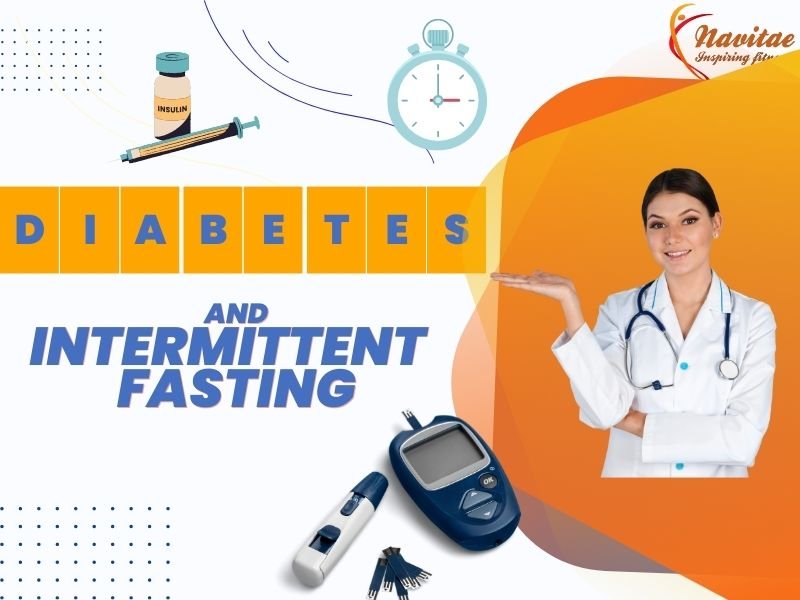
Traditionally, in India, there was a culture of fasting. This can vary from several hours during the day to a complete 24-hr period. It can be done for religious reasons, such as during Ramadan or Navratra, or for health reasons, including weight loss.
Intermittent fasting means that you don’t eat for a period of time each day or week. Some popular approaches to intermittent fasting include:
Can intermittent fasting improve your health?
-Losing weight and being physically active help lower your risk of obesity-related diseases, such as diabetes, sleep apnea and some types of cancer. For these diseases, intermittent fasting seems to be about as beneficial as any other type of diet that reduces overall calories.
-After a period of fasting, insulin sensitivity rises and insulin levels fall. These result in improved blood glucose levels. Also there is less tendency for weight gain and potentially even weight loss.
Are there any risks to IF?
-The most immediate risk with intermittent fasting is the potential for hypoglycemia in people who are on antidiabetic medications that are associated with hypoglycemia.
-With long-term intermittent fasting, one needs to also be concerned about protein malnutrition. Vitamin and mineral malnutrition could also occur and, depending on how many days a week the person is fasting and what they are eating on the days they do eat, might necessitate taking vitamin and/or mineral supplements.
– It is important to note that intermittent fasting can have unpleasant side effects. It may include: Hunger, Fatigue, Insomnia, Nausea,Headaches. This could be a result of insufficient energy intake and some due to dehydration. Usually it reduces over a period of time.
Patients with diabetes who are interested in intermittent fasting should be encouraged to engage in fasting with guidance from a healthcare practitioner, including physicians, certified diabetes educators, or dietitians. Specific attention should be paid to three considerations: medication adjustment, frequency of glucose monitoring, and fluid intake.
Studies on the safety and benefits of intermittent fasting with diabetes are very limited though, and health recommendations unfortunately today arise primarily from weight loss gurus and animal studies.